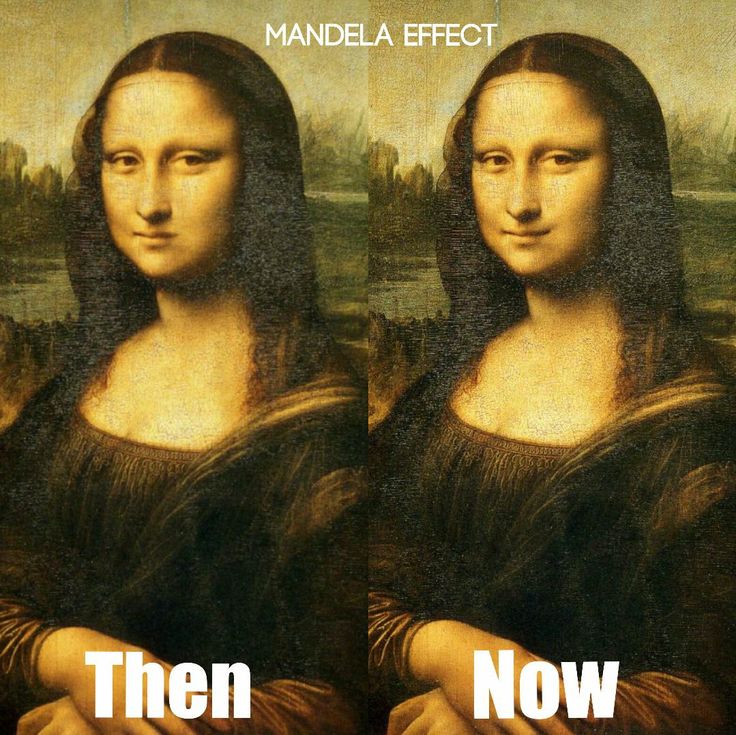Have you ever argued with someone about a seemingly concrete memory, only to discover they remember it completely differently? You swear Shazam had a genie, Nelson Mandela died in the 80s, and Jiffy peanut butter was always Jif – but everyone else assures you these recollections are false. Welcome to the world of the Mandela Effect, a perplexing phenomenon where large groups of people share incorrect memories of cultural touchstones.

More Than a Misremembered Lyric:
The Mandela Effect extends beyond misquotes and typos. It encompasses vivid recollections of historical events, brand logos, and even movie scenes that demonstrably never happened. The name comes from the widespread, but incorrect, belief that former South African President Nelson Mandela died in prison during the apartheid era. Thousands of people shared this memory, despite Mandela’s release in 1990 and subsequent presidency.
Theories Behind the Glitch:
While research on the Mandela Effect is still in its early stages, several theories attempt to explain this collective misremembering:
- False Memory Formation: Memories are like malleable stories constantly reshaped by experiences and retellings. Similar events, media exposure, or discussions can inadvertently create false memories that feel real.
- Social Transmission: Sharing of misremembered details with others can amplify and solidify the incorrect version, creating a widespread sense of shared reality.
- Confabulation: When real memories fade, our brains sometimes fill in the gaps with invented details, leading to fabricated recollections.
- Quantum Fluctuations: Some fringe theories suggest parallel universes or quantum fluctuations might explain the discrepancy between memories and reality.

Intriguing, Not Delusional:
It’s important to remember that the Mandela Effect doesn’t imply widespread psychosis or faulty individual memories. It’s a natural phenomenon highlighting the complexities of human memory and how external influences can shape our internal narratives.

Embrace the Mystery:
While the causes of the Mandela Effect remain elusive, its existence offers a fascinating glimpse into the workings of our minds and the shared fabric of culture. So, the next time you encounter a memory mismatch with friends or family, don’t dismiss it as mere mistake. Embrace the mystery, delve into the details, and appreciate the intriguing ways our brains construct and reconstruct the world around us. After all, sometimes the most interesting things we remember are the ones that never actually happened.
Have you encountered the Mandela Effect? Share your experiences and theories in the comments below!
that bitch never had no smile